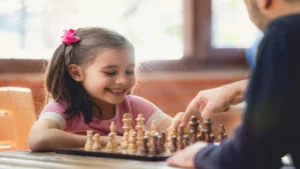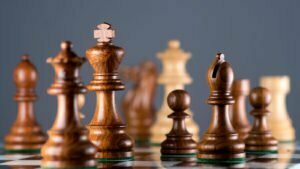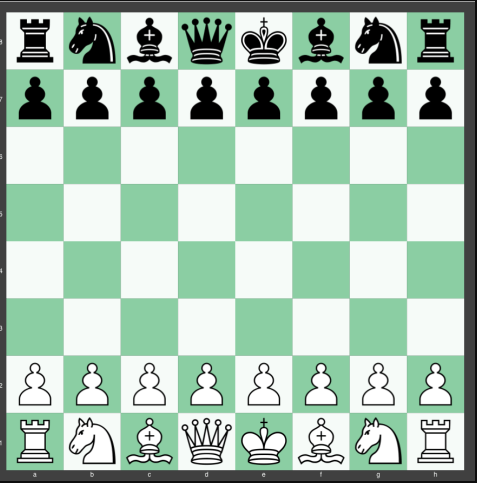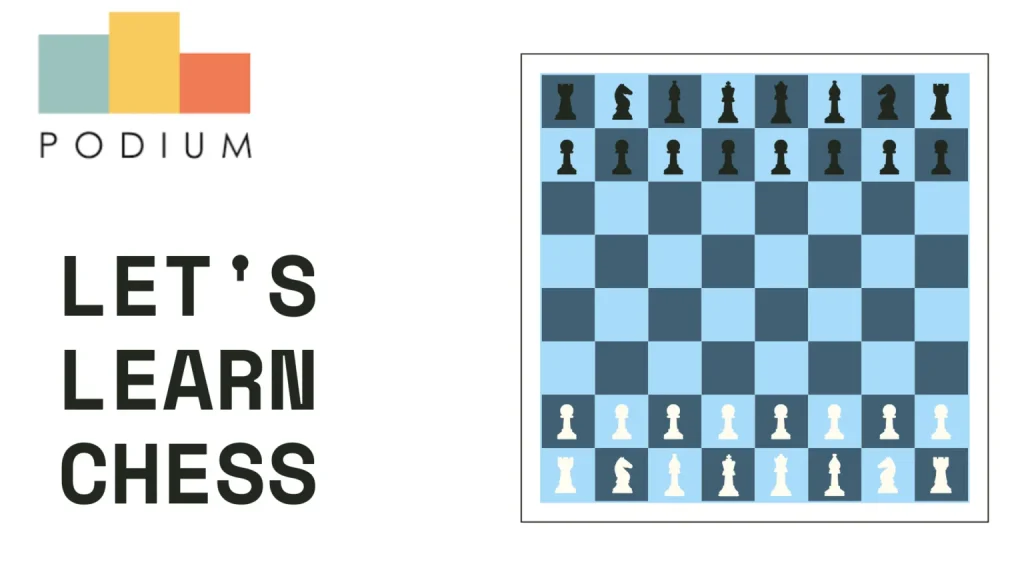To begin with, Chess might not help you grow physically but it surely helps the child to grow mentally. Chess is the only sport in which your height or weight can not provide you with an advantage. The only advantage that one can have is a sharper brain and a good amount of practice. Chess classes are the need of the hour for young developing kids. The age of 5-7 years is a crucial time of the child’s life for his/her mental growth. Chess classes can surely help them flourish in these years and help them develop as an individual.

Moreover, Chess helps you to apply and solve problems in a better and smarter way. It gives you a slight advantage over other people when you think smartly in normal life or for example competitive exams. The right time to start chess classes is from the age of 5-6 years because chess is a very interesting sport and one can learn a lot from it. If the kid learns chess at an early age they would fall in love with it as they grow up. Chess classes from an early age will help to open your child’s mind to new levels. We will talk about all the factors in detail further in the article.
- 10 Ways Through Which Chess Classes Can Enhance Your Child’s Social Life
- Learning Chess Helps you Control Anxiety And Panic Attacks
- Online Chess Classes help Increase Tech Fluency
- Learning Chess Helps You To Be Calm Under Pressure
- Chess Classes Increase Discipline
- Playing Chess Helps in Accepting Losing Or Winning
- Learning Chess Improves Memory
- Chess Enhances Your Creativity
- Chess Classes help in Learning To Plan Ahead
- Chess Exercises Both Sides Of Your Brain
- Chess Acts As a Confidence Builder
- Alignment with Howard Gardner’s Theory of Multiple Intelligences
- FAQ
10 Ways Through Which Chess Classes Can Enhance Your Child’s Social Life
Learning Chess Helps you Control Anxiety And Panic Attacks

These days the cases of anxiety and getting panicked easily are increasing in kids because of various factors. Namely, these factors can be social media, insecurities, and academic pressure. Chess classes or chess can act as their stress buster and happy time if they are really interested in the game. For example in one real-life case study, A panic attack sufferer was able to use a chess app on his phone to increase his sense of calm and prevent a panic attack from progressing. Finding just the right level of challenge to occupy his attention and distract him from unpleasant feelings was the key to success. Difficulty levels 2–4 provided just the right amount of engagement for this user. Control over anxiety can help you perform well socially and not being hesitant while talking to new people.
Online Chess Classes help Increase Tech Fluency
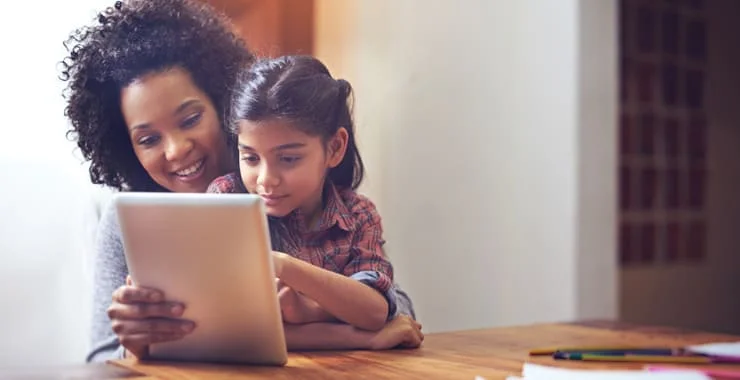
Technology is the only thing that is going to be at the top in the future. This shift to online learning and digital meetings will forever alter our world. Children are adapting faster than adults. By taking an online chess class together, children are unconsciously learning about the nuances of text communication and online social cues, tools that will serve them well in their professional and adult lives. Chess has long been known to stimulate both sides of the brain, making our online classes an excellent choice for your child’s social and intellectual development.
Learning Chess Helps You To Be Calm Under Pressure
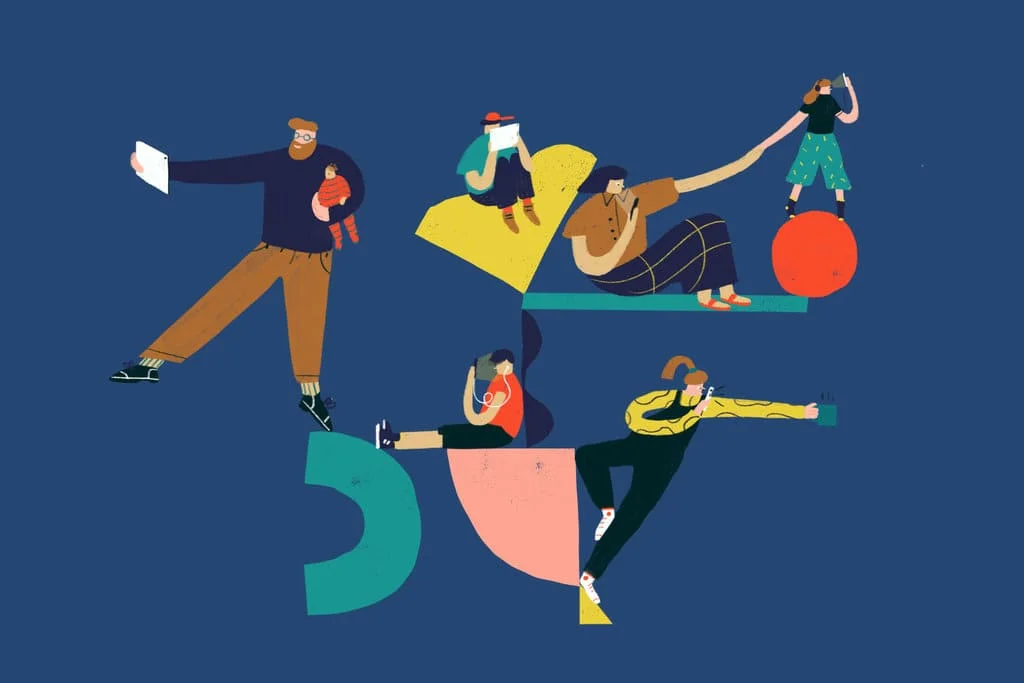
An intense game of chess in which you have given your all. Time is running out, and you still have to make critical decisions. Bringing the point home teaches us to remain calm under pressure. You must be intensely focused while remaining calm in order for your brain to function optimally. We all face deadlines, presentations, interviews, and tests throughout our lives. Just like in a chess game, we must remain confident and calm in order to perform at our best. Life is not an easy journey and being calm under pressure can always help you make the right choices.
Chess Classes Increase Discipline

Chess instils discipline both on and off the board. A child learning chess for the first time may score a few quick victories using the fool’s mate. He or she will eventually realize that the trick does not work against experienced players. Chess, on the other hand, necessitates a great deal of patience in order to win.
Every child learns the value of developing the pieces before launching an attack. Grandmasters at the highest levels are constantly manoeuvring to “grind down” their opponents in endgames. Serious tournament games allot about three hours to each side, which means a game could last six hours or even longer if the clock has a delay or increment feature.
As a child’s competitiveness grows, the games will be played at a slower pace. Chess players are trained from a young age to develop stamina for prolonged thought. This is a valuable skill that will later translate into stamina for taking standardized tests or lengthy school exams.
Playing Chess Helps in Accepting Losing Or Winning

Of course, everyone wants to win, but it is more important to learn to accept defeat. As the saying goes, sometimes you teach, and sometimes you are taught! Most importantly, try to learn from your losses and return to the game a better player. When faced with failure, we must get back up and come back stronger and wiser, just as we do in life. Chess can teach a person how to win with grace, which is an important character trait.
Learning Chess Improves Memory
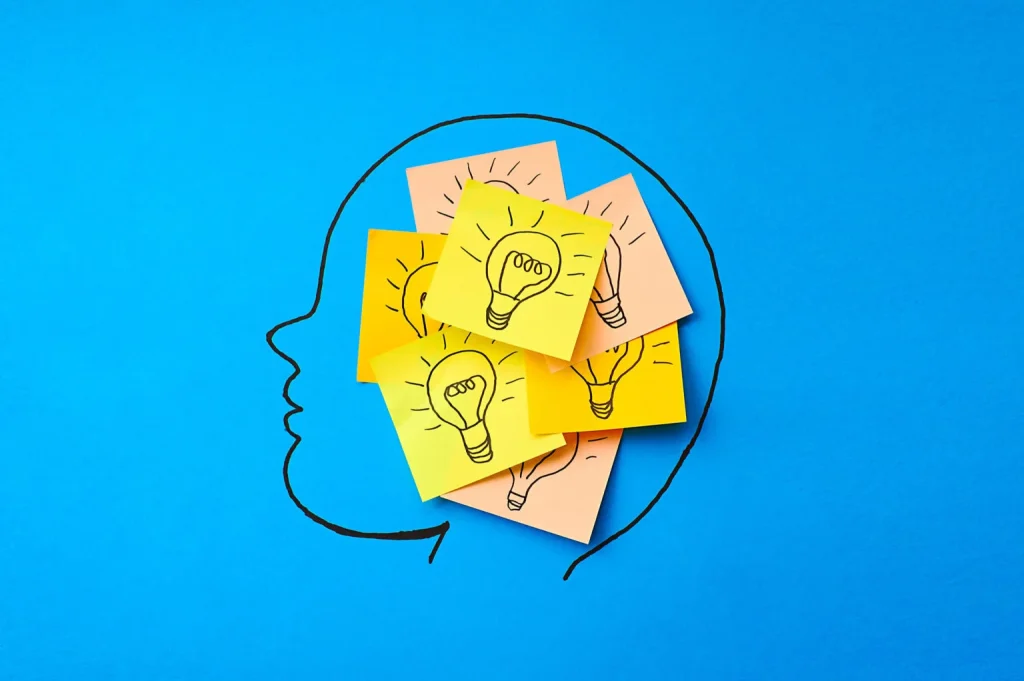
It may come as no surprise that expert chess players have excellent memory skills. After all, the game requires memorizing numerous moves and their possible outcomes.
It’s also worth noting that experienced chess players perform better in terms of a specific type of recollection: auditory memory. This is your ability to recall what you’ve learned through hearing.
In one experiment, researchers trusted Source compared expert chess players’ recall ability to that of people with no chess-playing experience. They discovered that chess players were significantly better than non-chess players at recalling lists of words they had heard.
Skilled chess players also have an above-average ability to remember and recognize visual patterns, which researchers believe stems from memorizing complex chess positions.
Chess Enhances Your Creativity

Researchers at an Indian school assessed two groups of students’ creative thinking abilities. One group had chess training, while the other did not.
Students were asked to come up with alternative uses for common items as well as to interpret patterns and meaning in abstract forms on the tests. Chess players performed better on tests. Chess, according to the researchers, improving students’ ability to think in divergent and creative ways.
Chess Classes help in Learning To Plan Ahead
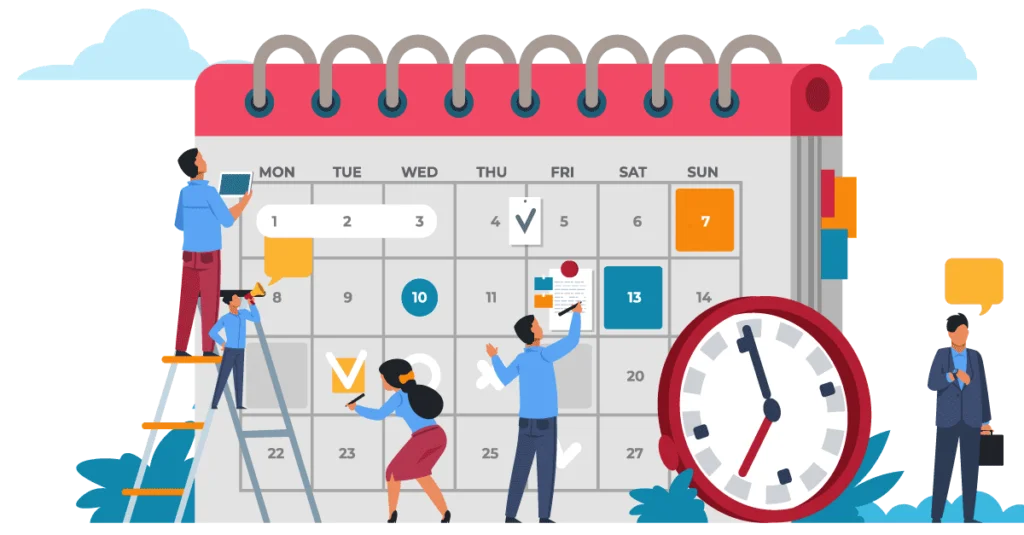
Planning things beforehand helps you a lot in life. This is because a clear mind and goal help you to achieve your target. Chess requires a lot of brainpower from your child. Learning to consider not only the next move but also the one after that, teaches children to consider all of the options available to them. This teaches children to consider other people’s points of view and that every action has a consequence. These abilities translate into life lessons such as the ability to learn from mistakes and make informed decisions when faced with risky choices. Chess also teaches children how to learn from their mistakes and accept responsibility for their actions. It is about making good decisions in life, not just in the game.
Chess Exercises Both Sides Of Your Brain
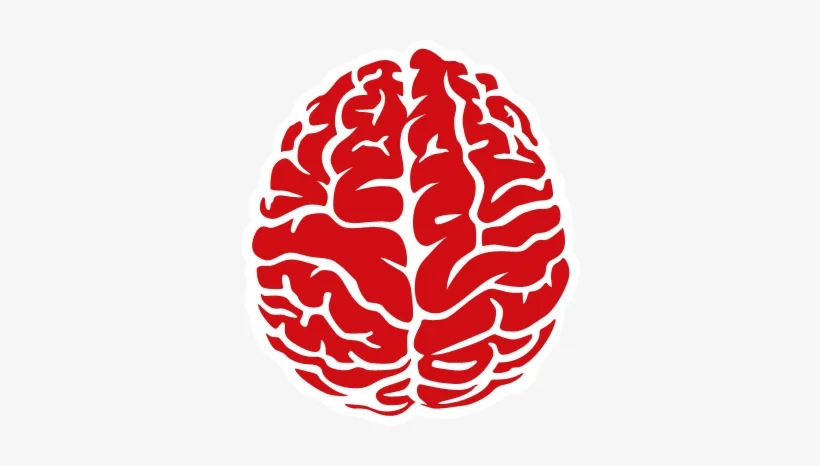
Chess challenges your brain to exercise logic, develop pattern recognition, make visual and analytical decisions, and test your memory. it can be enjoyed by people of all ages, and as a result, these brain exercises can be part of your brain’s health for the rest of your life! A healthy brain is one that is active! A healthy brain leads to a good social life.
Chess Acts As a Confidence Builder
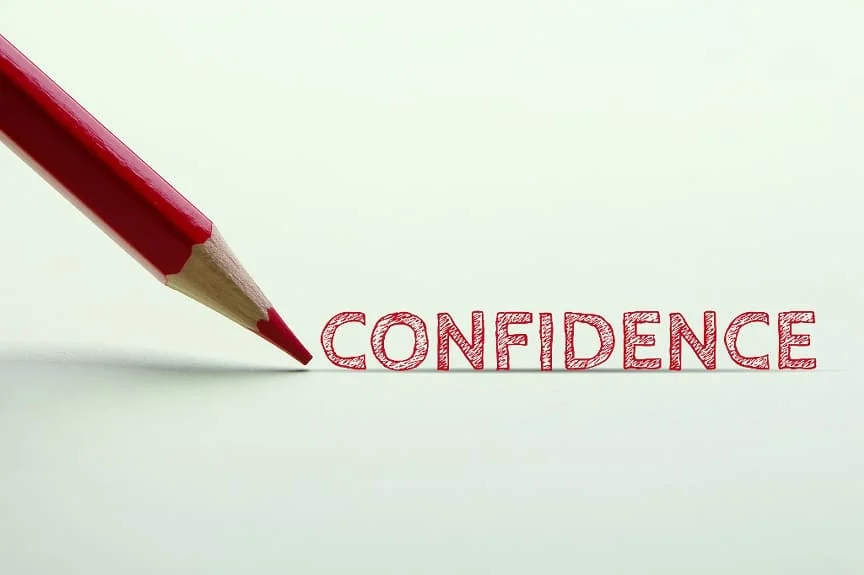
Chess is all about you – you study, you compete in tournaments, you spend time analyzing your losses and identifying your weaknesses. With all of this effort, a sense of self-assurance is developed. Working through a difficult period in your chess development can also help you build resilience and confidence.
Podium School – The Best Platform For Online Chess
There is no doubt that podium school is the best platform for learning chess online:
- Podium school provides the children, top faculty teachers/mentors.
- Podium gives you a platform to experience chess at a very high level.
- It gives you the opportunity to play with students from 20+ countries.
- It gives you access to top-notch competitions and events.
Chess Beginner Session Syllabus
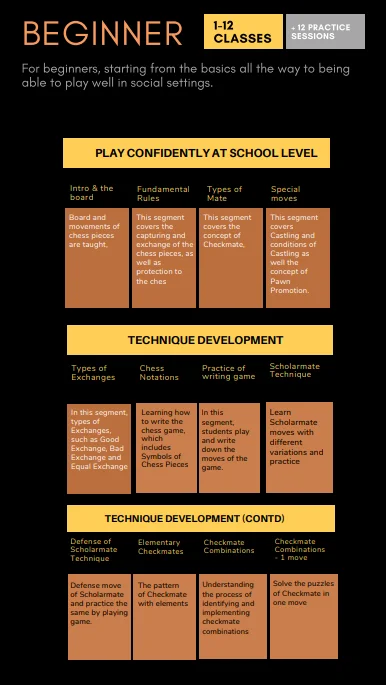
Championship Level
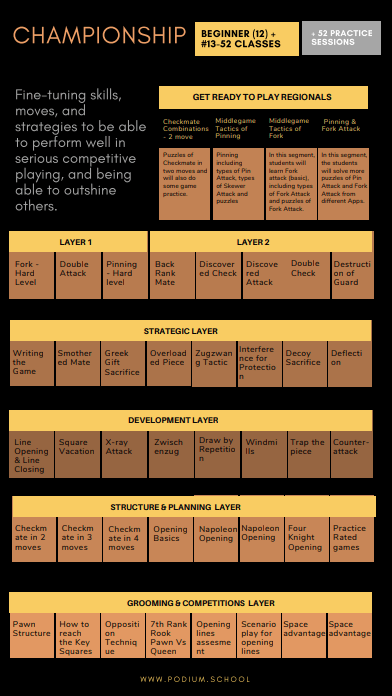
GrandMaster Level

Alignment with Howard Gardner’s Theory of Multiple Intelligences
In his celebrated work, Frames of Mind: The Theory of Multiple Intelligences, noted psychologist Dr. Howard Gardner uses chess as an example of visual-spatial intelligence. Indeed, visual memory plays a crucial role in chess and often manifests itself in the form of pattern recognition. While no two situations may be identical, significant elements could be similar and help trigger a familiar pattern.
FAQ
1. What is the best age to learn chess?
There is no such thing as the best age to begin anything. You can begin today as well. However, if one wishes to pursue a career in it (chess), it is advised to begin learning at the earliest possible age. Chess is one of the compulsory subjects in some south Indian states, which explains why south Indians are always so good at it. Because they have been doing it since they were children. As a result, the fundamentals and tactics are crystal clear to them. Also, as one gets older, one is preoccupied with personal matters such as studies, whereas as one gets younger, the study pressure is comparatively less.
Begin learning it when you are 5–6 years old. You can see Vishwanathan Anand as well, he is a south Indian from Chennai. And the only GM till now. I personally know so many kids of this age group who play chess and are of good level. Once I played with a 6 years old girl I thought she might not be able to play good but she proved me wrong, in fact, she was calling the arbiter wherever she thinks something is wrong. However she lost to me, but she got a prize as she was the youngest player there.
2. Is Chess Hard To Learn?
Learning to play legal moves is very easy. You only have six types of pieces that have very well-defined (not so complicated) moves. Then, there are some special moves and situations (which you can learn about when you are little experienced in basic moves). These basic moves are like the addition/subtraction of mathematics whose combination and composition give you the power to make complicated strategies (as an analogy, most of the mathematical functions finally boil down to these basic operations).
3. How Long Does It Take To Learn Chess?
it is how much time you dedicate to playing and learning chess. Now, if you are looking for a somewhat general answer, we can say 1-2 years of practising can be enough to build a good foundation and consider yourself an excellent chess player.
4. Does Chess Increase IQ?
Chess is one operation that completely exercises your mind. Chess is similar to a brain tonic in that it improves concentration, patience, and perseverance while also developing creativity, intuition, memory, and, most importantly, the ability to process and extract information from a set of general principles, learning to make difficult decisions and solve problems flexibly. Most importantly, it teaches a golden virtue called Patience.
Share with your friends

